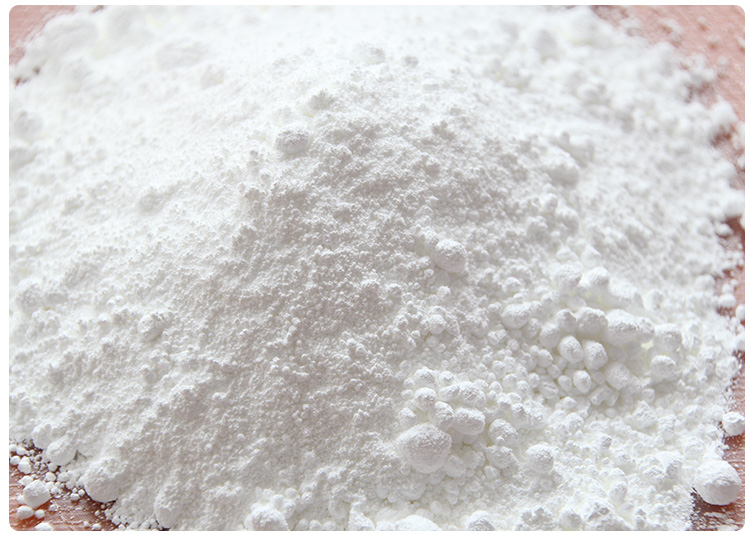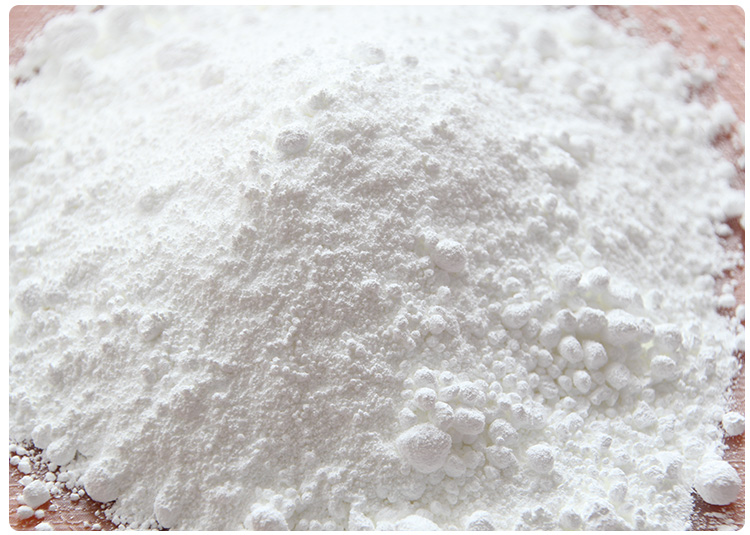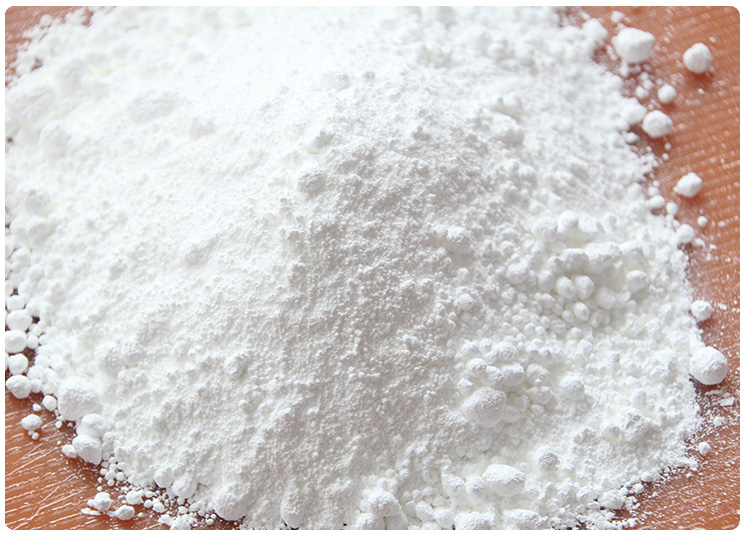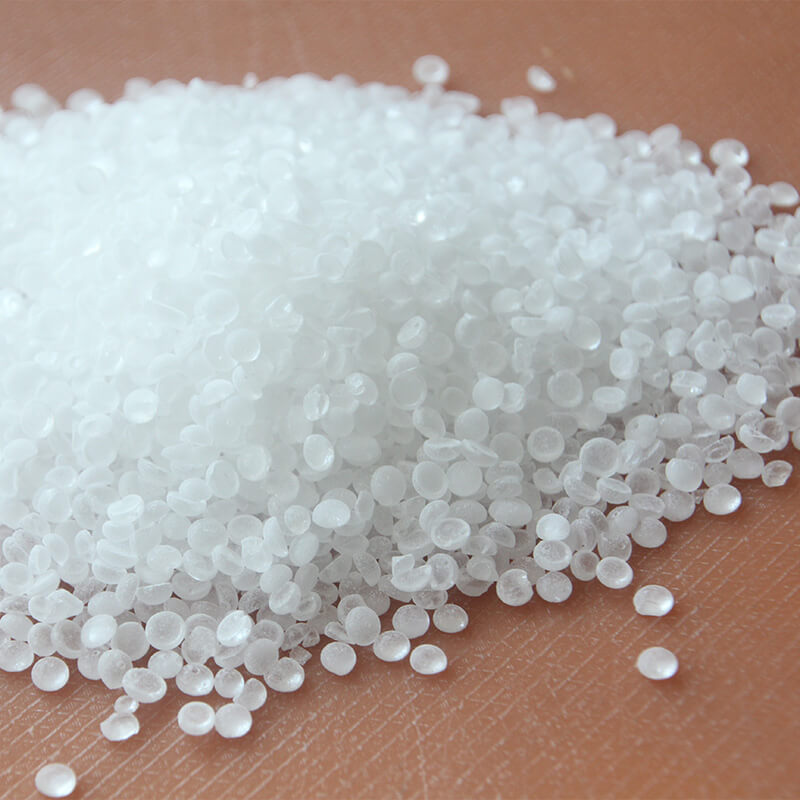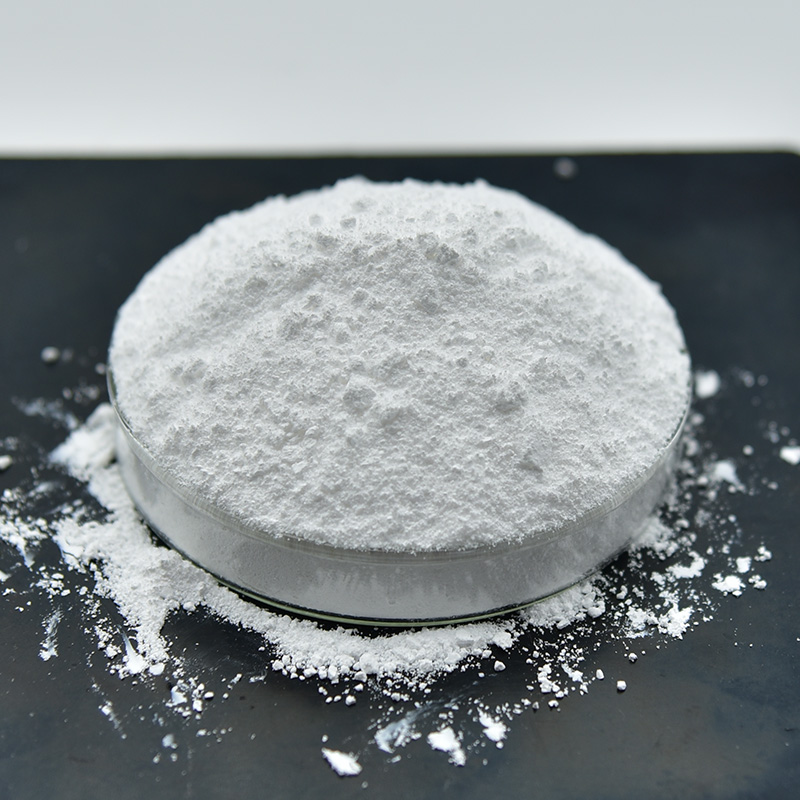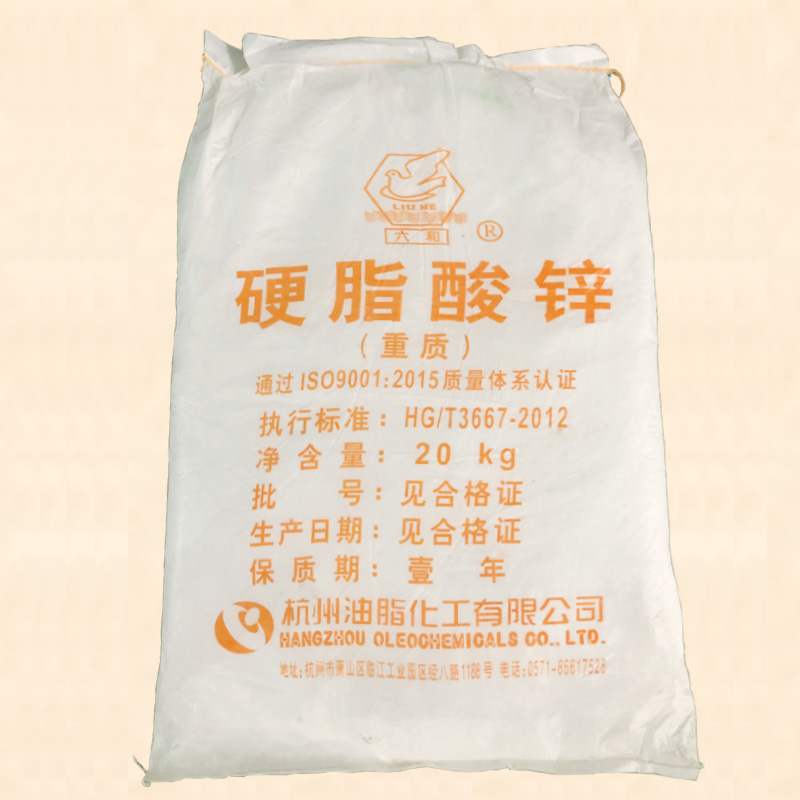Role of the rubber accelerator TMTM(TS)
- Mingpai
- 2024-06-07 11:39:56
TMTM(TS), which stands for Tetramethylthiuram Monosulfide, is an accelerator widely employed in the rubber industry for its unique properties and effectiveness in the vulcanization process. It belongs to the thiuram family of accelerators and plays several critical roles in rubber compounding and vulcanization. Here's a detailed look at the functions of TMTM(TS):
Effective Vulcanization Acceleration: TMTM(TS) accelerates the sulfur vulcanization process by breaking down at vulcanization temperatures to release sulfur and other active species. This action promotes the formation of crosslinks between rubber polymer chains, enhancing the speed and efficiency of the vulcanization reaction and resulting in faster cure times.
Improved Crosslink Uniformity: It contributes to a more uniform distribution of sulfur in the rubber matrix, ensuring a consistent vulcanization profile throughout the rubber compound. This leads to a more homogenous product with better physical properties and less risk of localized weak spots or variations in hardness.
Scorch Resistance: TMTM(TS) offers moderate scorch resistance, which means it can slow down the onset of premature vulcanization during mixing and storage. This property is particularly useful for formulations that require longer mixing times or have a tendency to scorch easily, allowing for better processing control.
Synergistic Effects: When used in combination with other accelerators, TMTM(TS) can exhibit synergistic effects, improving the overall efficiency of the vulcanization system. For example, pairing it with primary accelerators like thiazoles or sulfenamides can optimize the cure rate, scorch safety, and the balance of physical properties in the final product.
Compatibility with Various Rubbers: TMTM(TS) is compatible with a wide range of rubber types, including natural rubber (NR), styrene-butadiene rubber (SBR), butadiene rubber (BR), and nitrile rubber (NBR), making it a versatile accelerator suitable for diverse rubber applications.
Enhanced Durability and Aging Resistance: The vulcanization process facilitated by TMTM(TS) can lead to rubber products with improved resistance to environmental factors such as heat, oxidation, and mechanical stress. This translates into longer service life and better performance in applications where durability is critical.
Economic and Processing Advantages: Due to its effectiveness and versatility, TMTM(TS) can be an economical choice for rubber manufacturers, offering good value in terms of processing efficiency and final product quality.
Environmental and Safety Considerations: Like all chemicals used in industry, TMTM(TS) requires careful handling and disposal to minimize potential health and environmental risks. Adhering to safety guidelines and considering sustainable alternatives or reduction strategies are important aspects of its usage.
In summary, TMTM(TS) plays a pivotal role in rubber manufacturing by efficiently accelerating vulcanization, promoting uniform crosslinking, and offering scorch resistance. Its compatibility with a wide range of rubbers, synergistic capabilities with other accelerators, and contributions to product durability make it a valuable component in the formulation of various rubber products. However, it's crucial to manage its use responsibly with regard to environmental and safety considerations.



